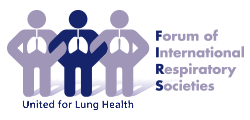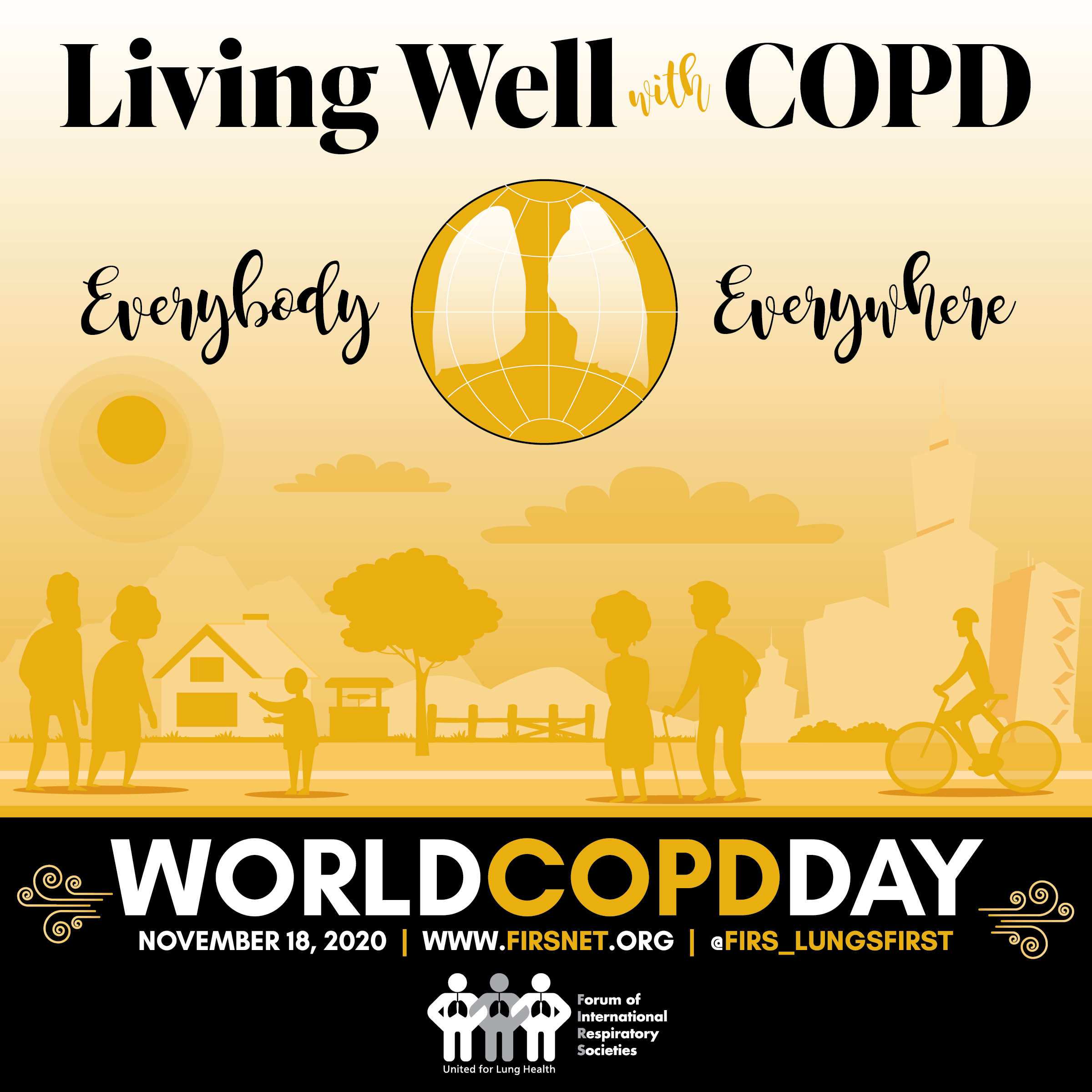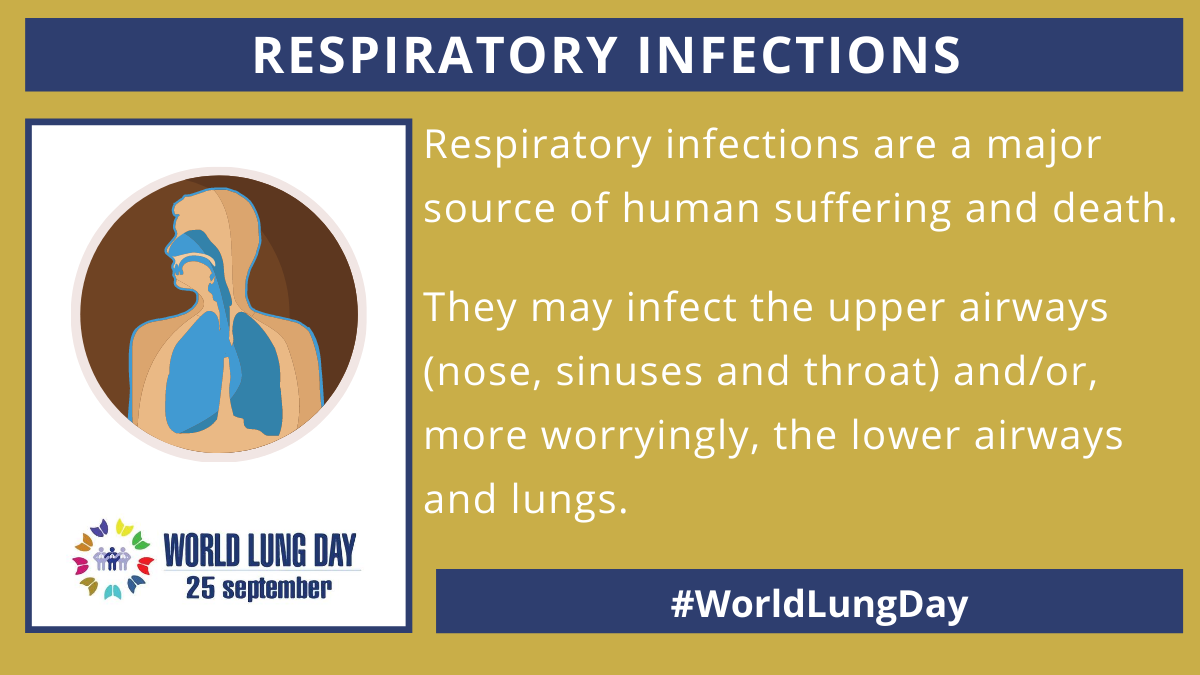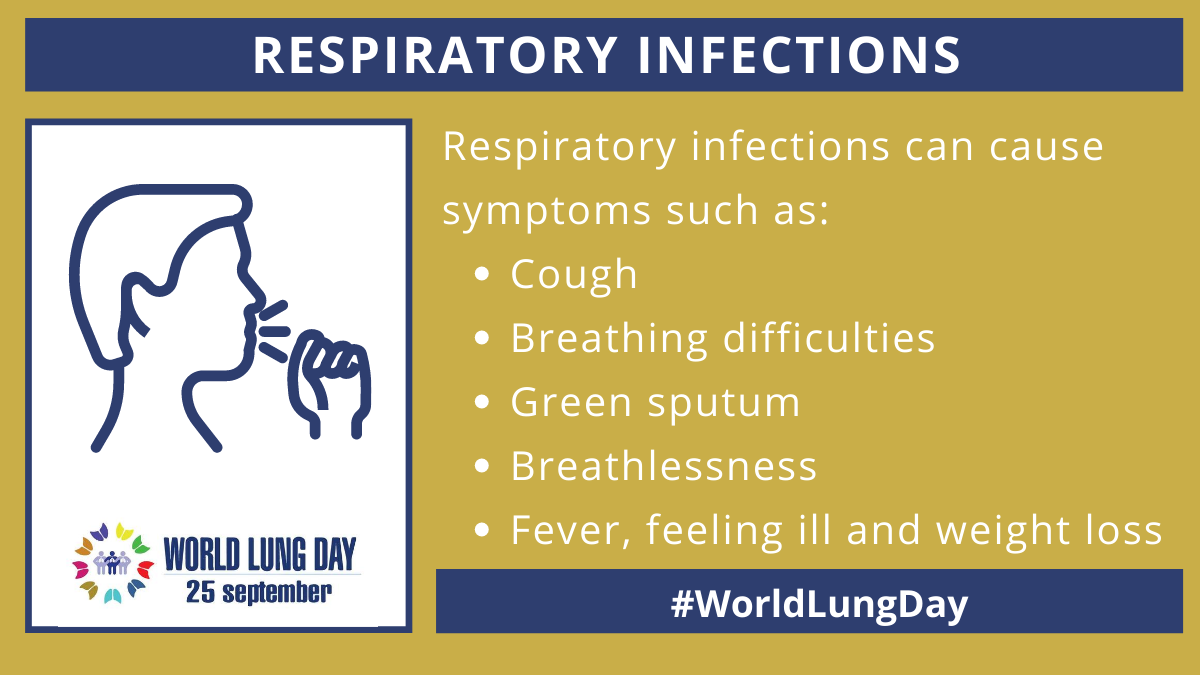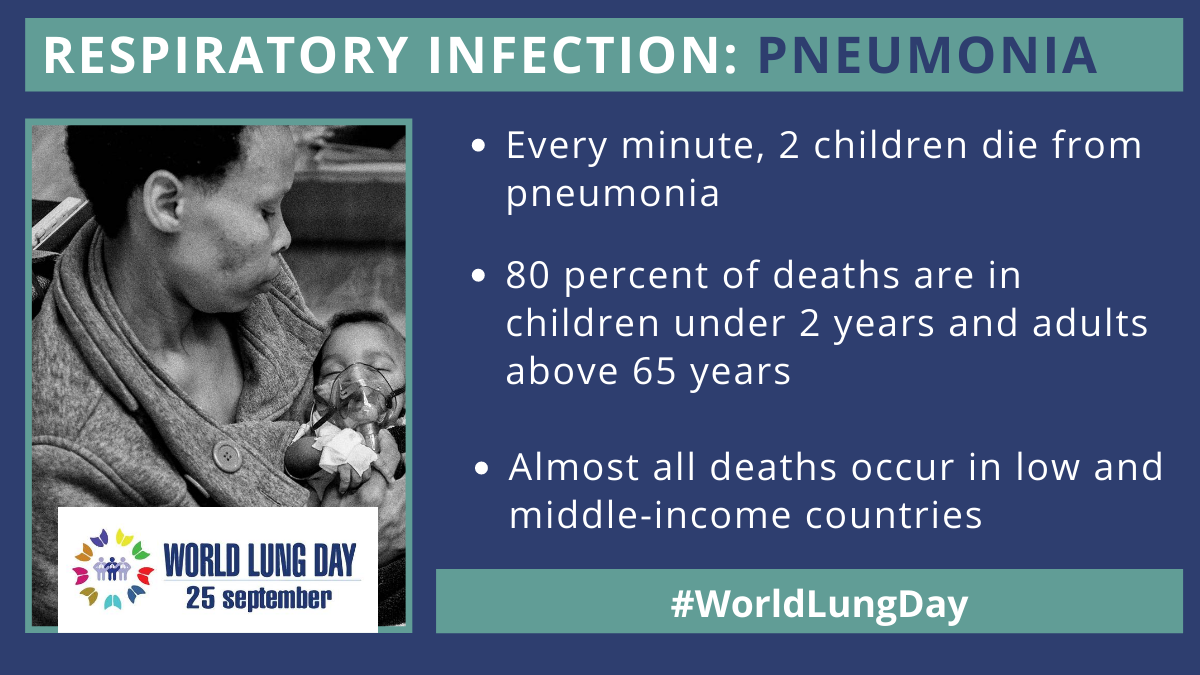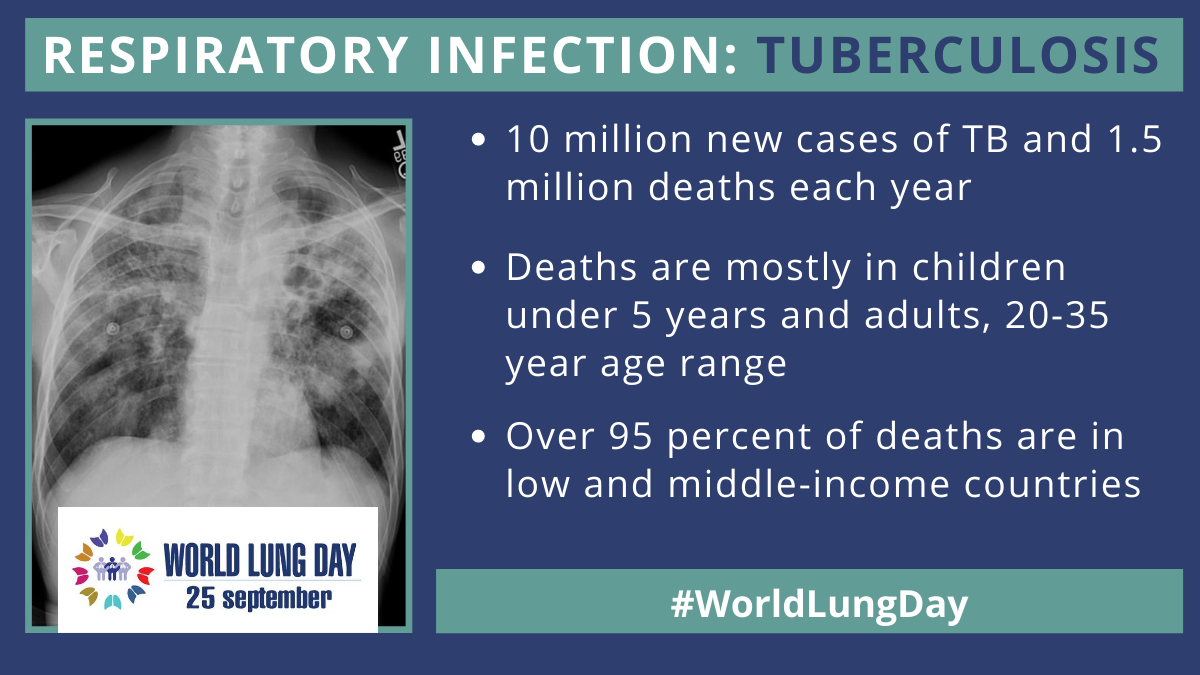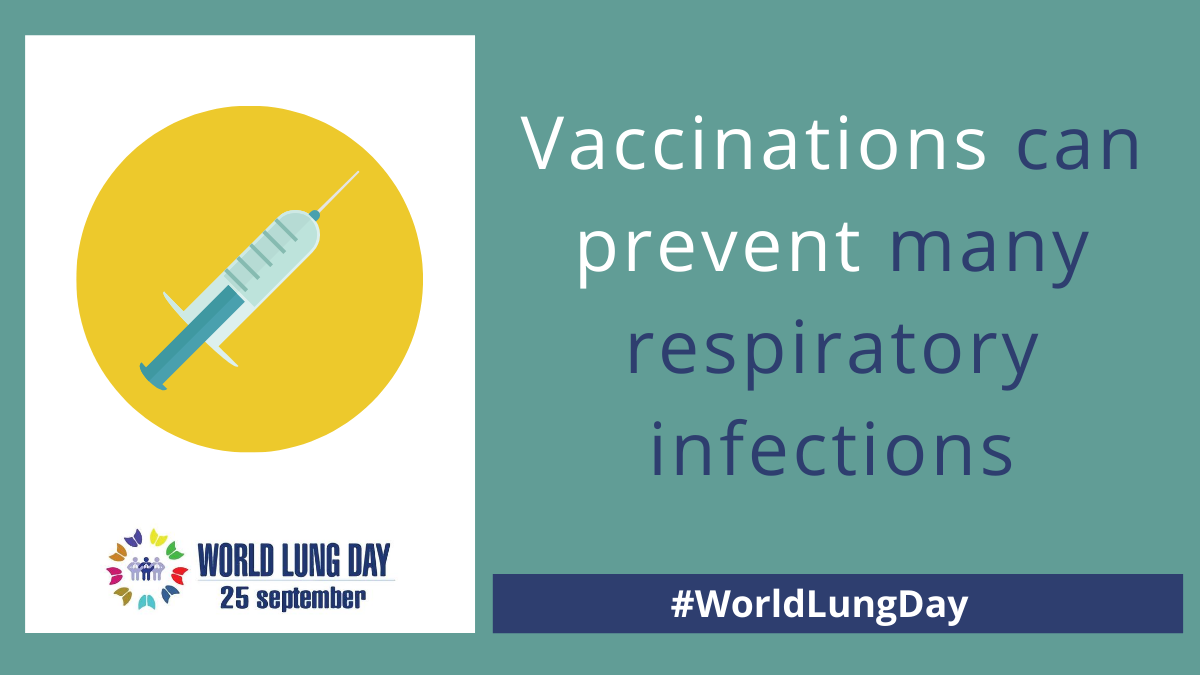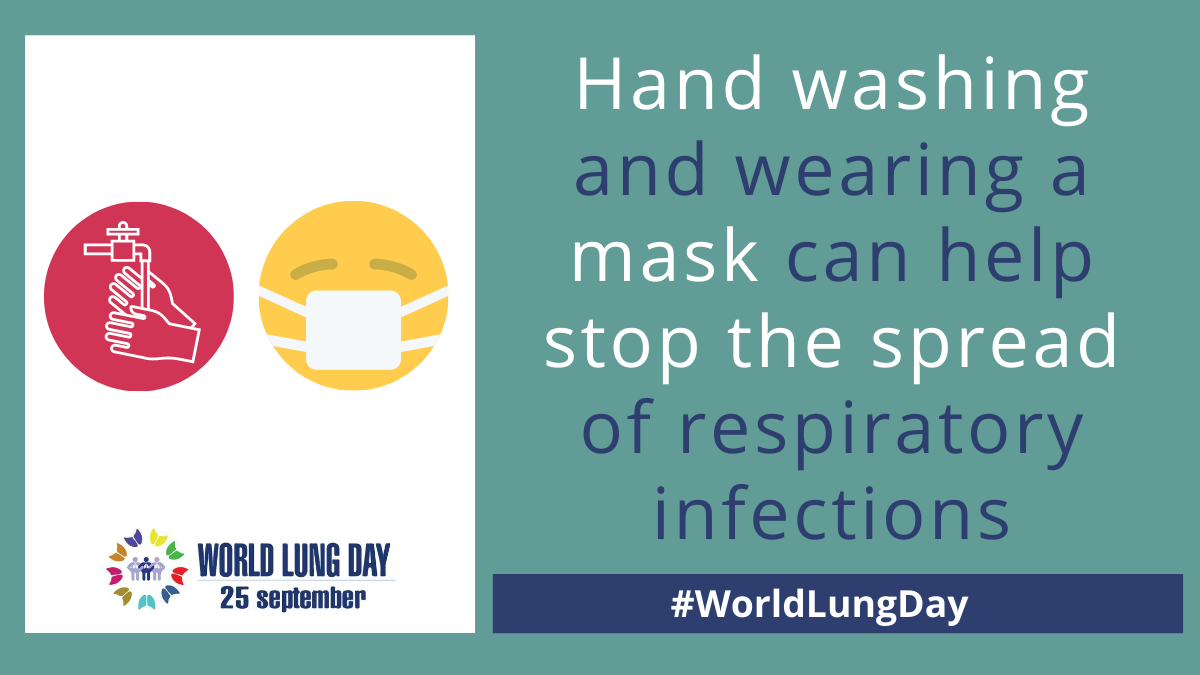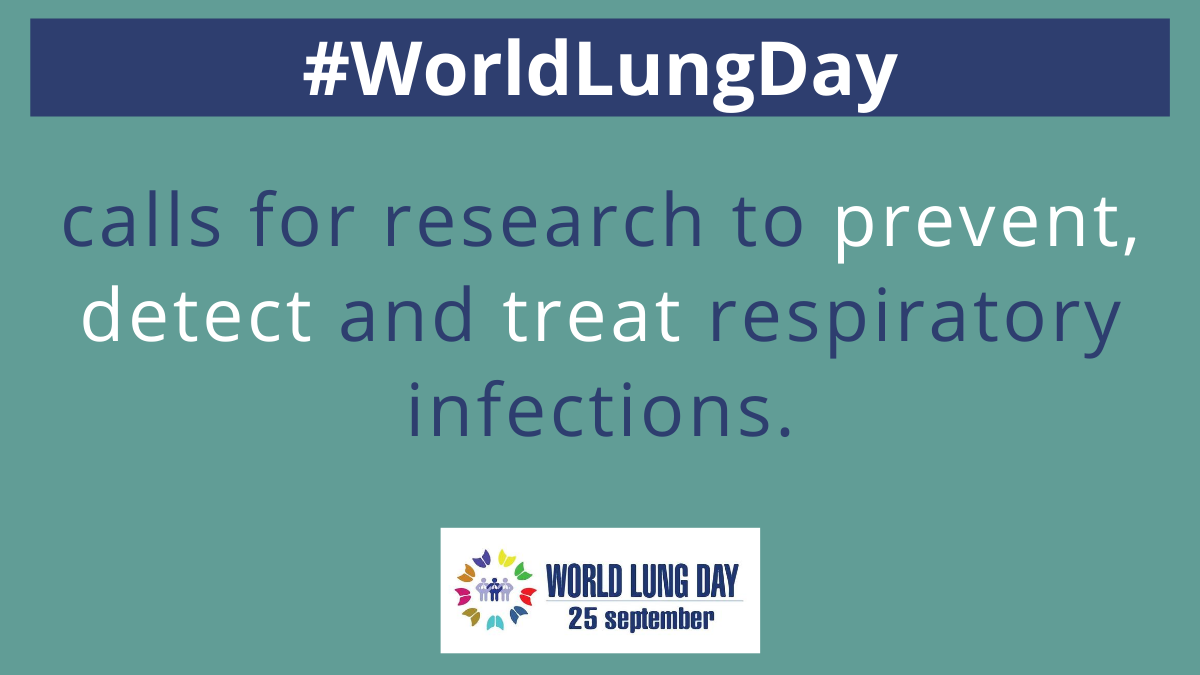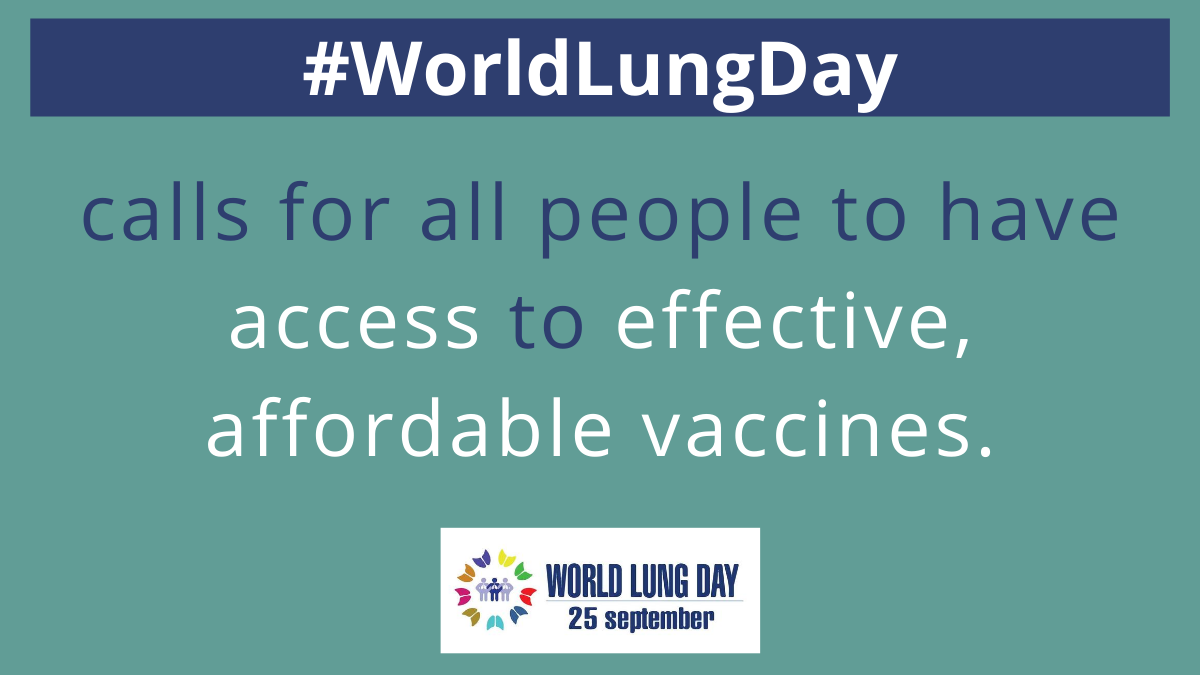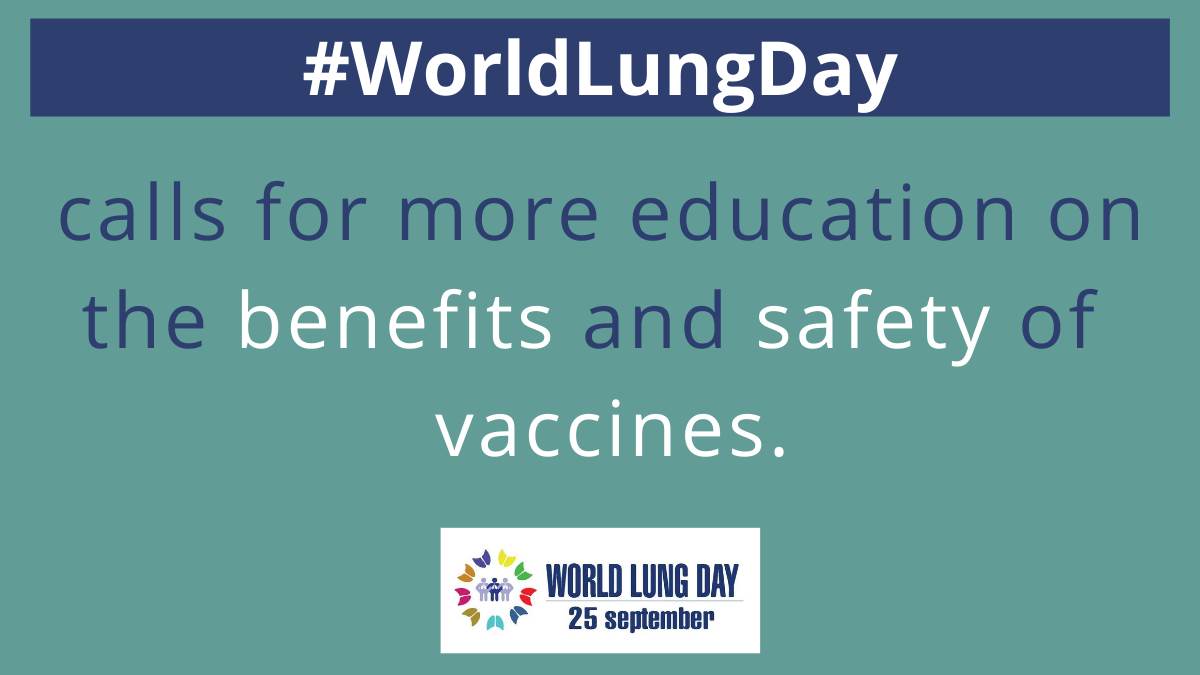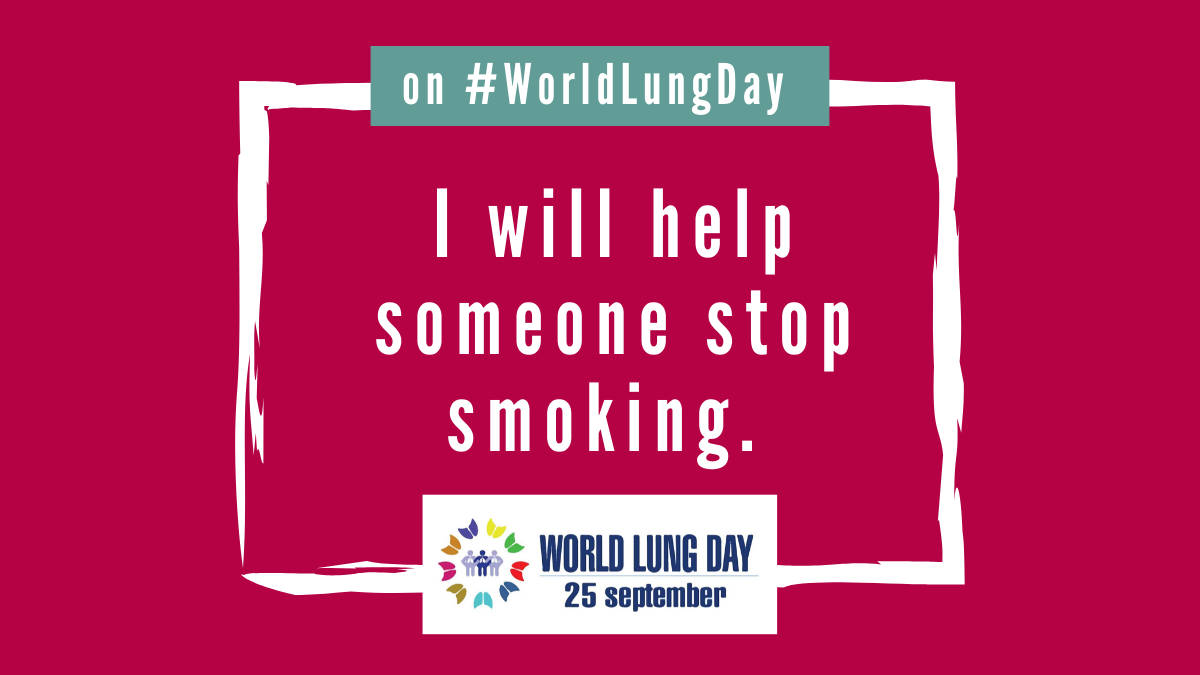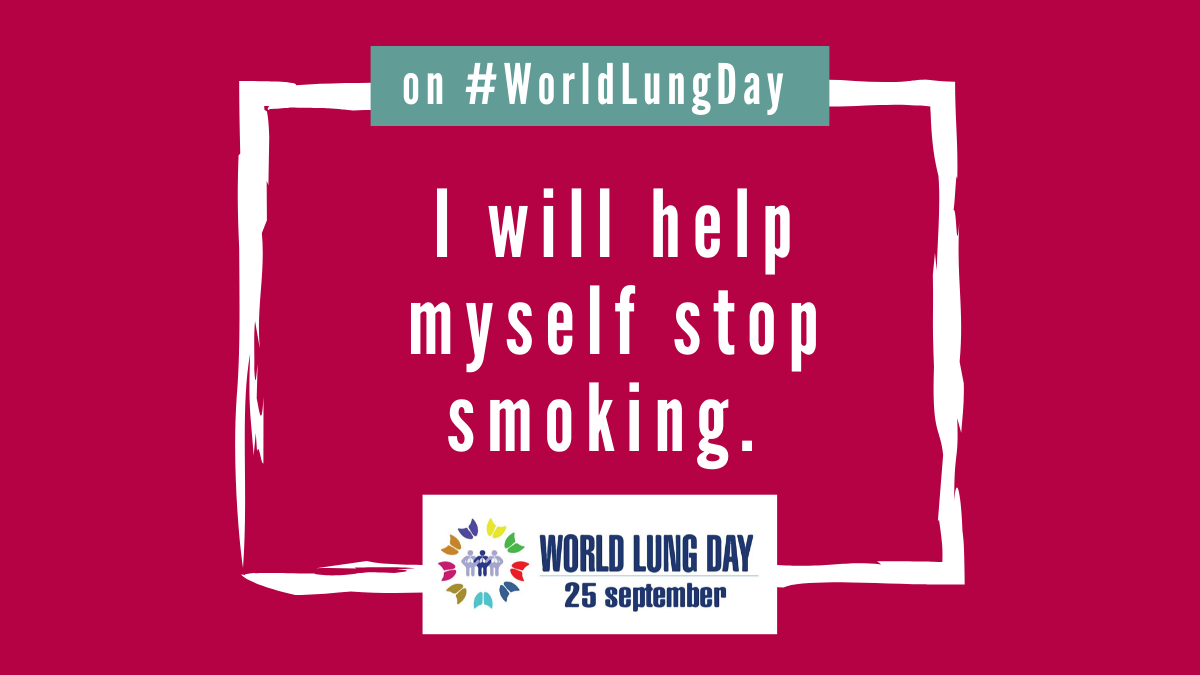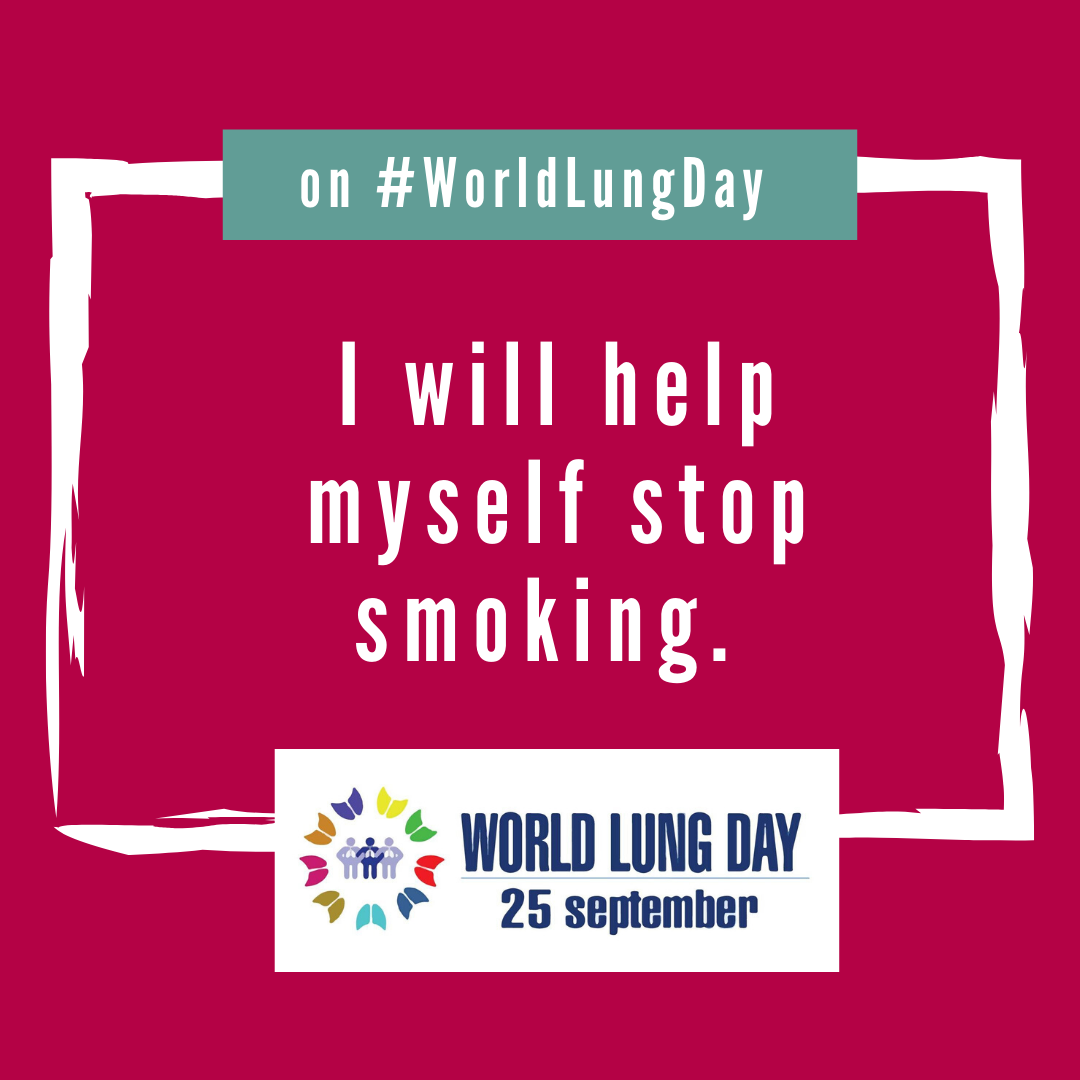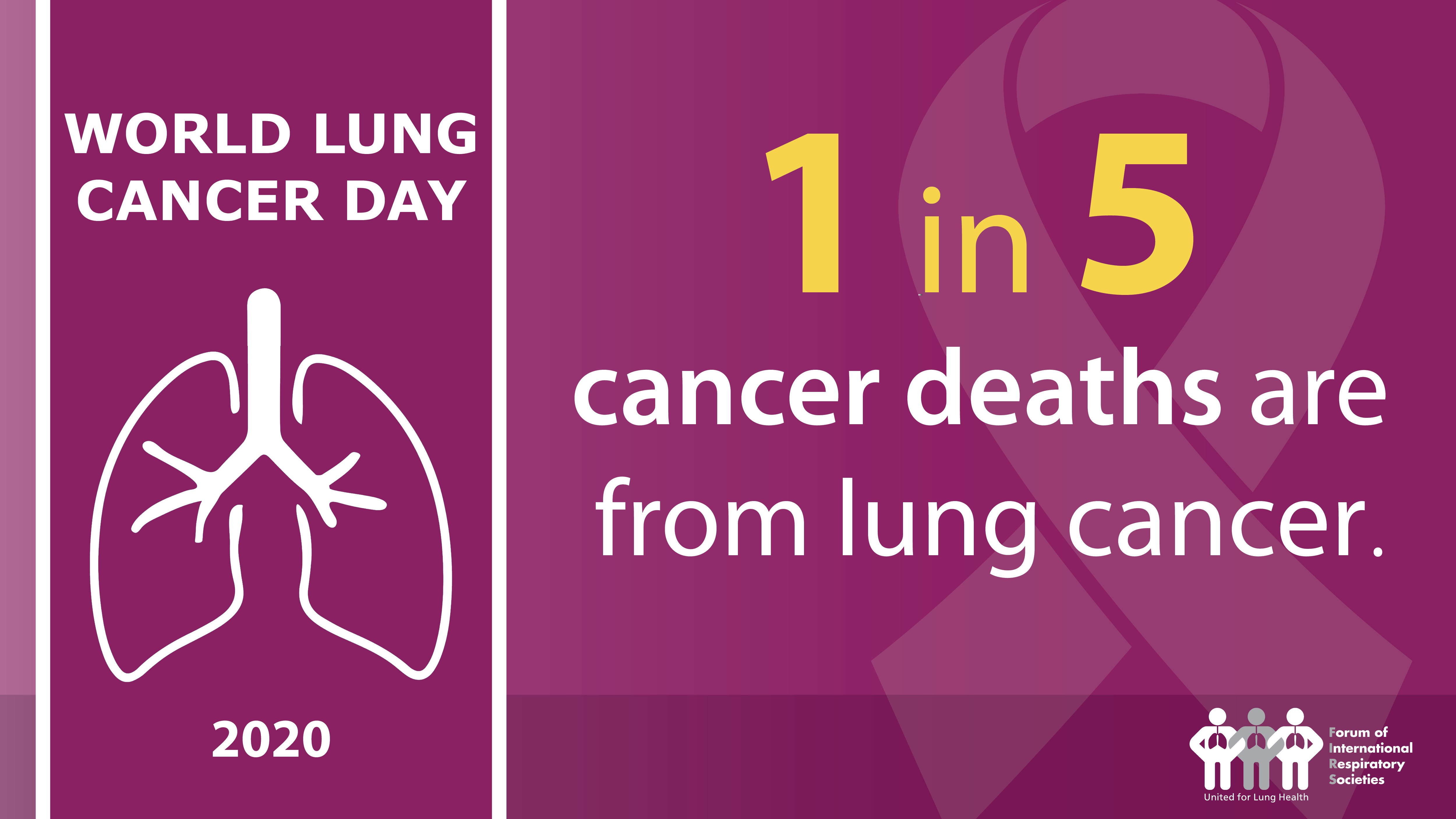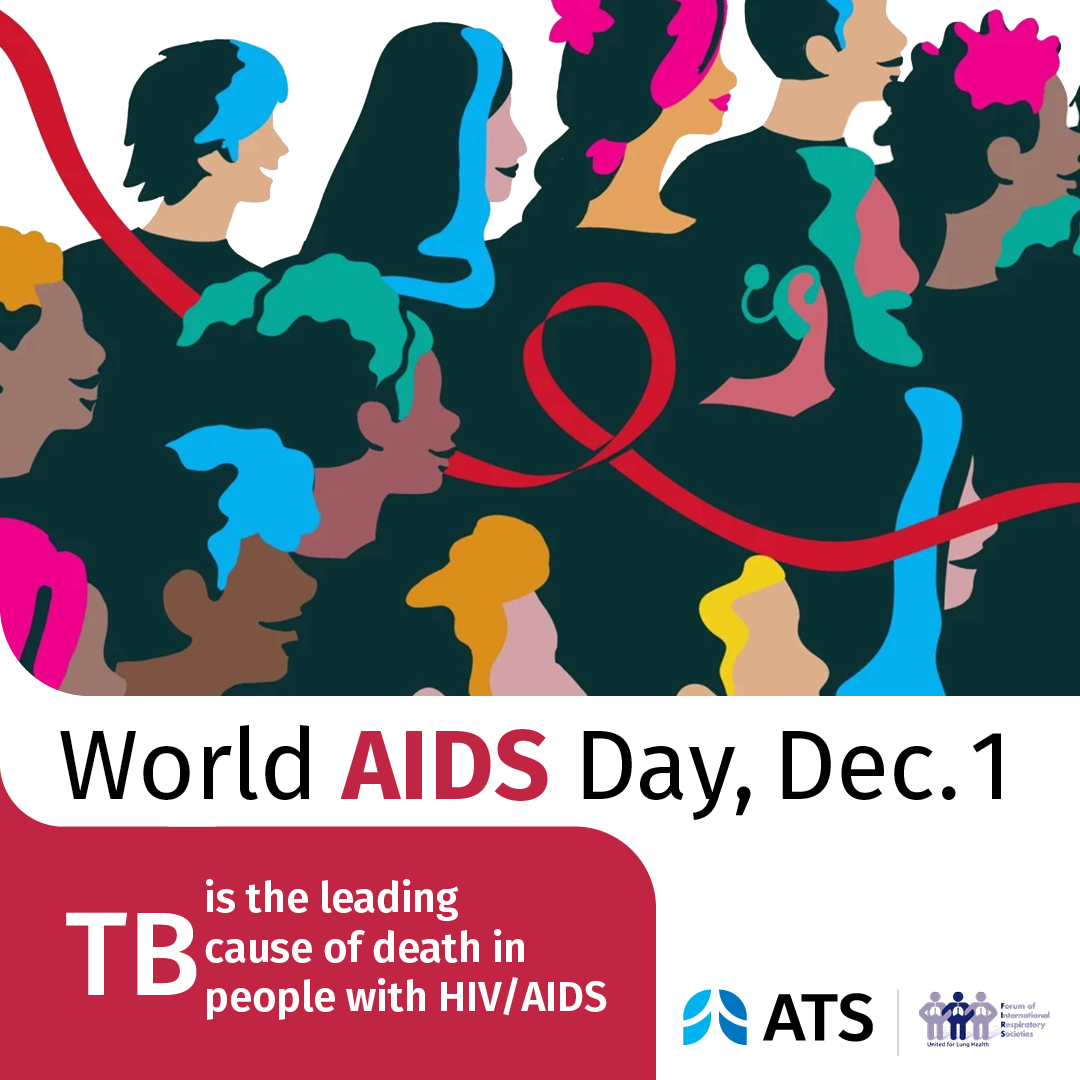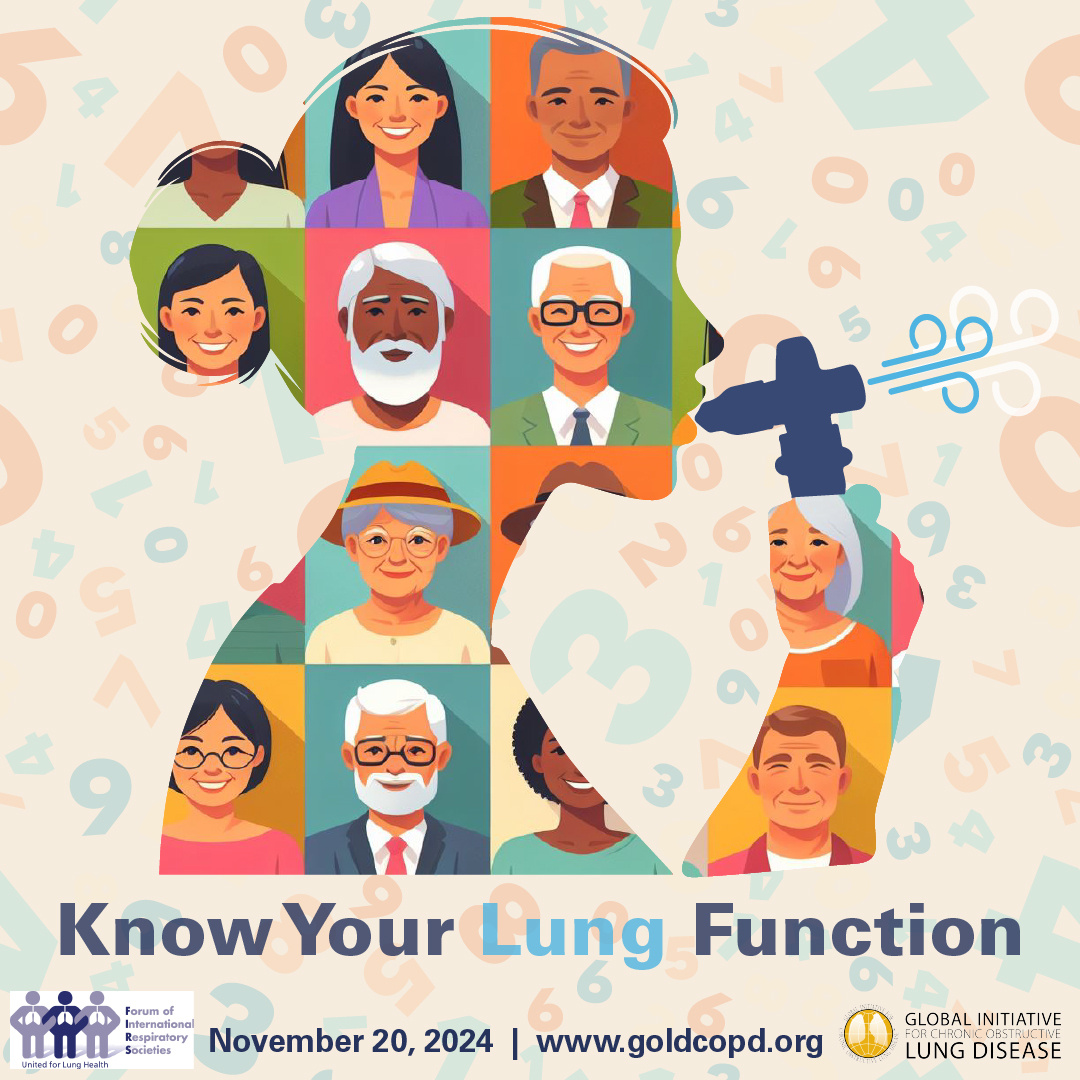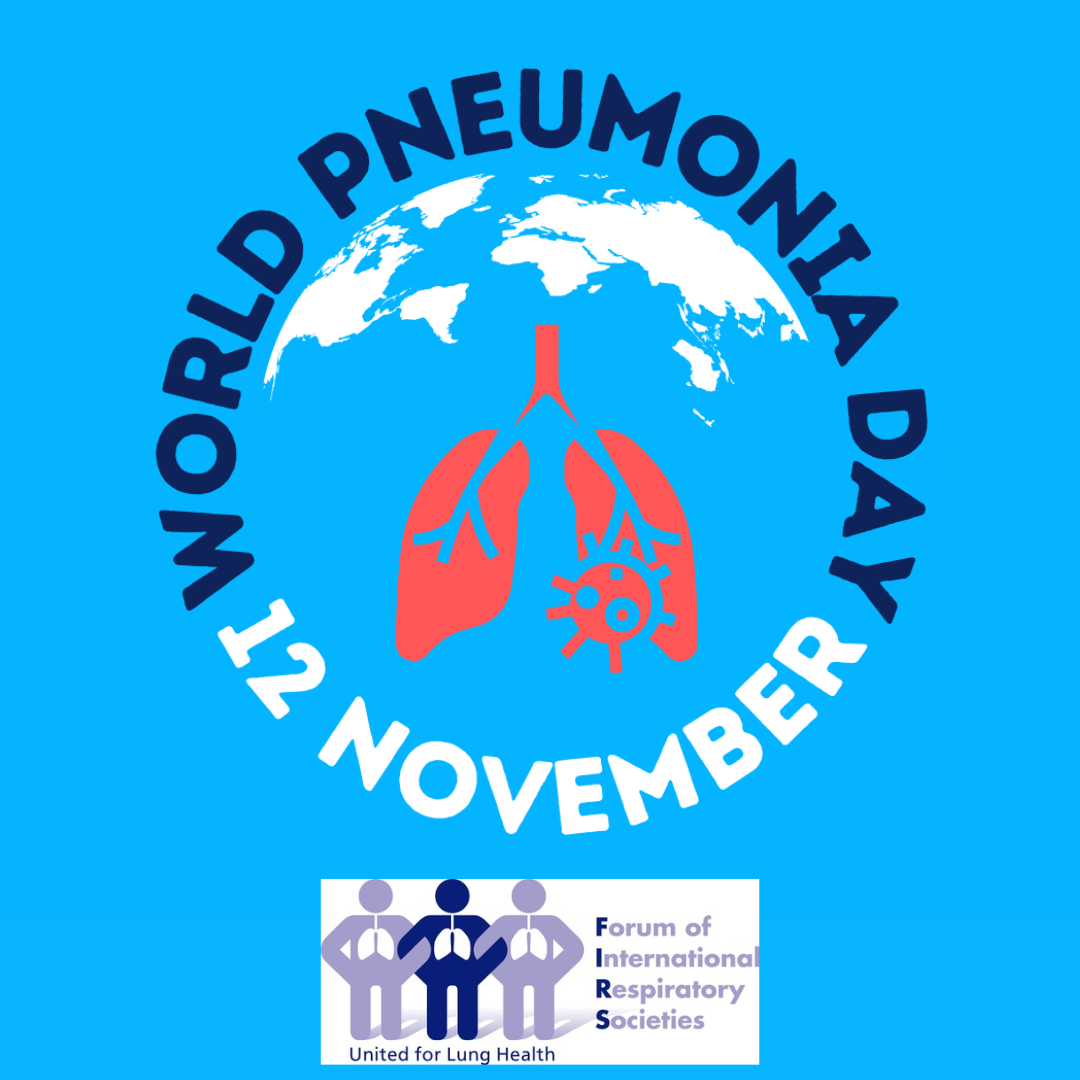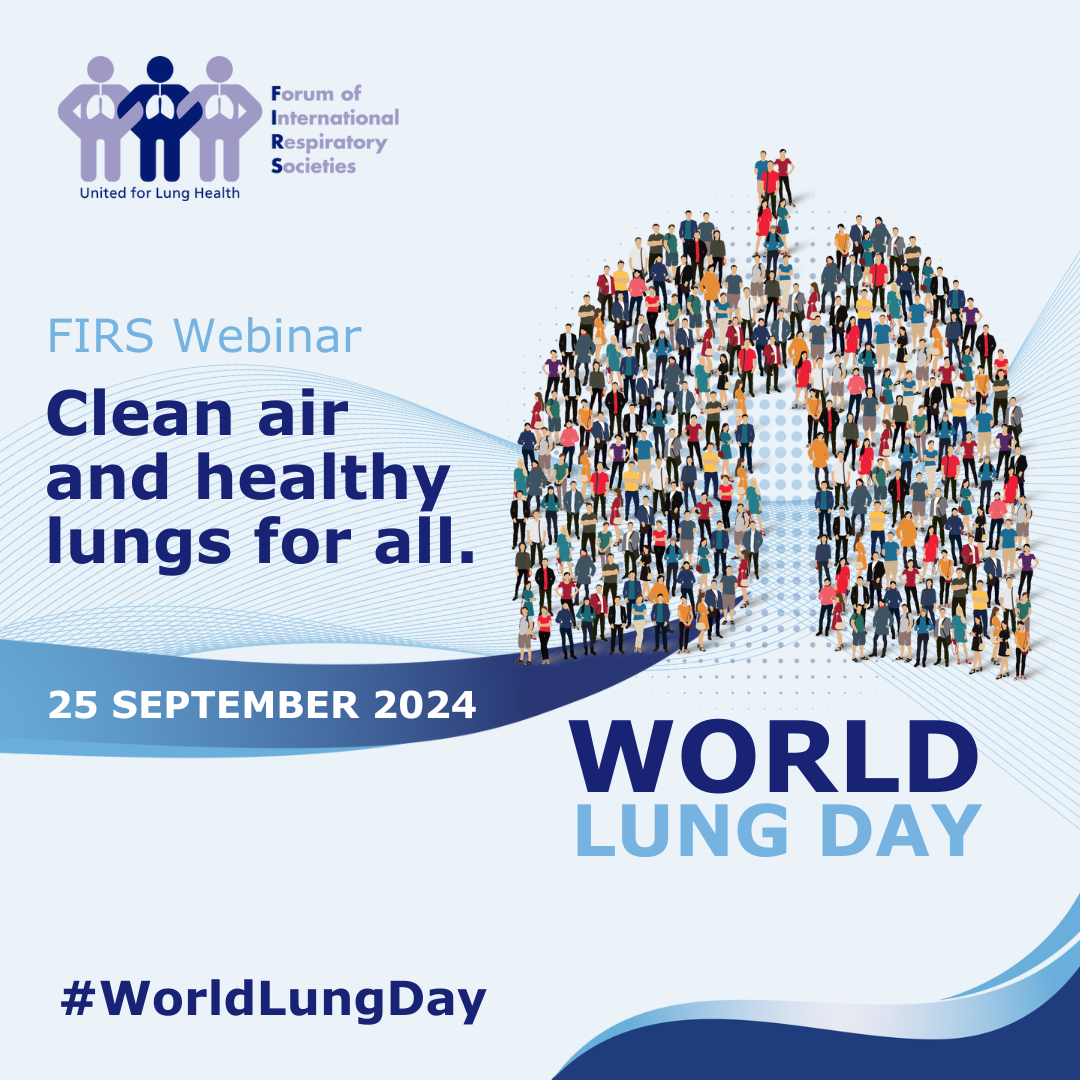On World Pneumonia Day, 12 November, the Forum of International Respiratory Societies (FIRS), calls for urgent progress to end the preventable burden of pneumonia and deaths.
Pneumonia is the single biggest infectious killer of adults and children – claiming the lives of 2.5 million, including 672,000 children, in 2019. Children under five years old and adults over 70 years make up 75 percent of pneumonia deaths. Most pneumonia deaths occur in low and middle-income countries. The coronavirus (COVID-19) pandemic has highlighted the danger of pneumonia particularly in adults, with almost 47 million cases globally and 1.2 million deaths to date.
To help increase the visibility of pneumonia and to raise public awareness of its risks, FIRS has joined the World Pneumonia Awareness Campaign, Pneumolight. More than 216 iconic landmarks in 47 countries across the globe will light up blue to mark World Pneumonia Day. The event will shine a blue spotlight on this neglected yet leading killer of children.
Landmarks which will turn blue include: the King George Square in Brisbane, Australia; the Macau Tower in China; the Leaning Tower of Pisa in Italy; Niagara Falls in Canada; the Cibeles Fountain in Madrid; the National Library of Belarus; Milad – the highest tower in Iran; Olympic Tower in Munich, Germany; the Torch Doha in Qtar; the CN Tower in Toronto, Canada - the highest tower in North America and Table Mountain in South Africa.
FIRS President, Dr. Stephanie Levine, FIRS member the Pan African Thoracic Society President, Prof Joseph Aluoch, and past-President Prof Heather Zar will speak at the Global Conference for World Pneumonia Day, joining a diverse panel of more than 21 speakers from different organisations committed to fighting pneumonia.
To end the preventable burden of childhood pneumonia and deaths there is a need to:
- Raise awareness about pneumonia, the leading killer of young children.
- Strengthen, accelerate and sustain interventions to prevent and treat pneumonia.
- Focus on equitable access to, and delivery of comprehensive pneumonia prevention and control programs.
- Design specific strategies to reach the “harder-to reach” populations to improve their accessibility to available interventions.
- Conduct research to develop innovative strategies to reduce the burden of pneumonia.
Together, we can end preventable deaths from pneumonia.
FIRS calls upon governments, health care providers, researchers, funders and families to ensure:
- Improved, equitable and sustained access to effective pneumonia prevention and control interventions for all by all.
- Strengthened health systems that promptly and effectively deliver strategies to reduce pneumonia deaths including provision of effective antibiotics and oxygen delivery systems.
- Increased support for strategies to prevent pneumonia including immunisation, prevention of mother-to-child HIV transmission, provision of anti-retroviral therapy for HIV-infected children, reduction of exposure to tobacco and air pollution, and increasing access to safe drinking water and sanitation.
- Support for research towards innovative diagnostic, prevention and treatment strategies.
If we do not take decisive action now, 11 million more children will die by 2030.
About the World Pneumonia Awareness Campaign, Pneumolight
To find out more about the World Pneumonia Awareness Campaign, Pneumolight, contact Catia Cillóniz on This email address is being protected from spambots. You need JavaScript enabled to view it..
Join the Global Conference for World Pneumonia Day on November 12th, 2020, beginning at 16:00 CET and concluding at 20:00 CET by visiting the Pneumolight YouTube Channel.
